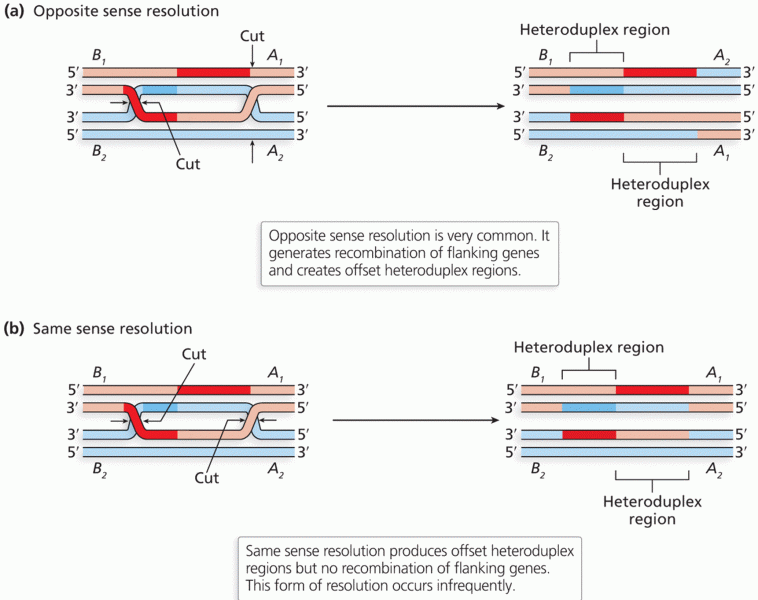|
|
|
Did you know?
When intravenous medications are involved in adverse drug events, their harmful effects may occur more rapidly, and be more severe than errors with oral medications. This is due to the direct administration into the bloodstream.
Did you know?
The average office desk has 400 times more bacteria on it than a toilet.
Did you know?
Medication errors are more common among seriously ill patients than with those with minor conditions.
Did you know?
The FDA recognizes 118 routes of administration.
Did you know?
Intradermal injections are somewhat difficult to correctly administer because the skin layers are so thin that it is easy to accidentally punch through to the deeper subcutaneous layer.







